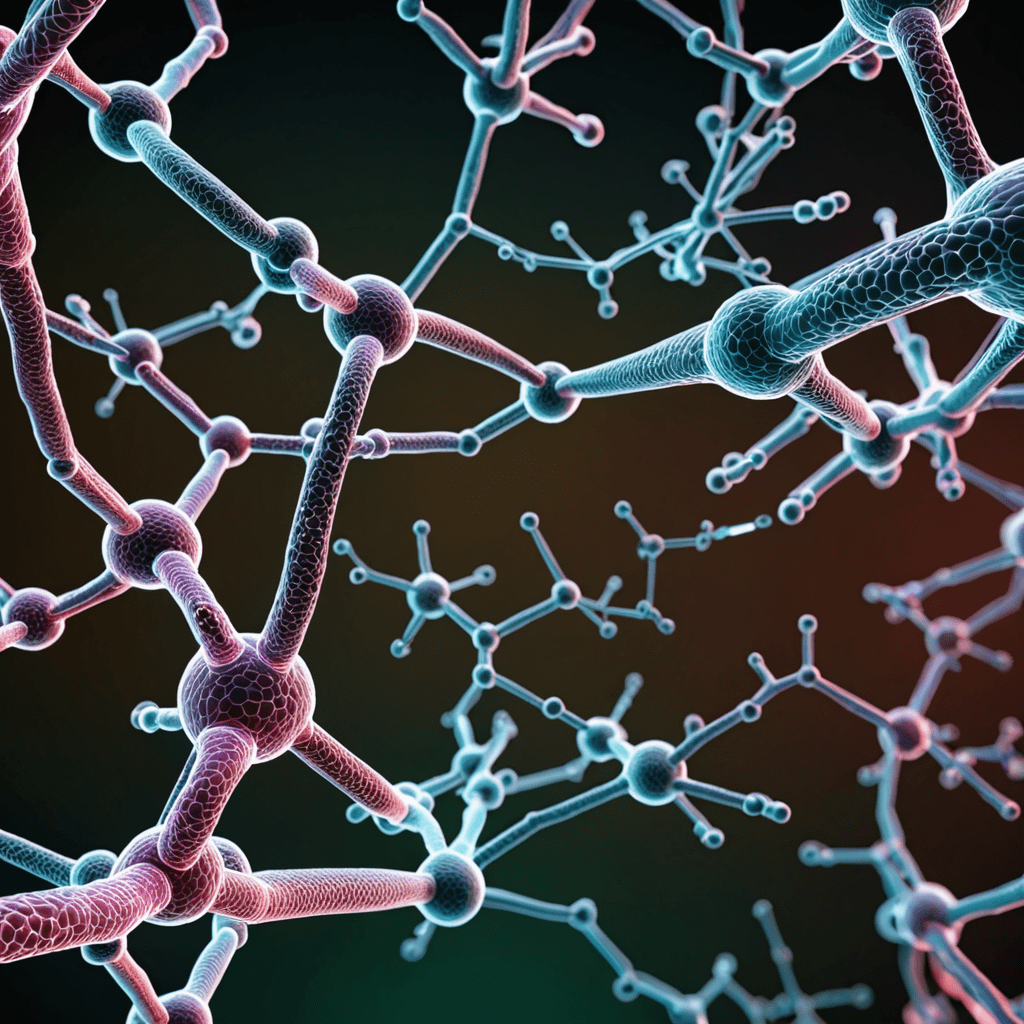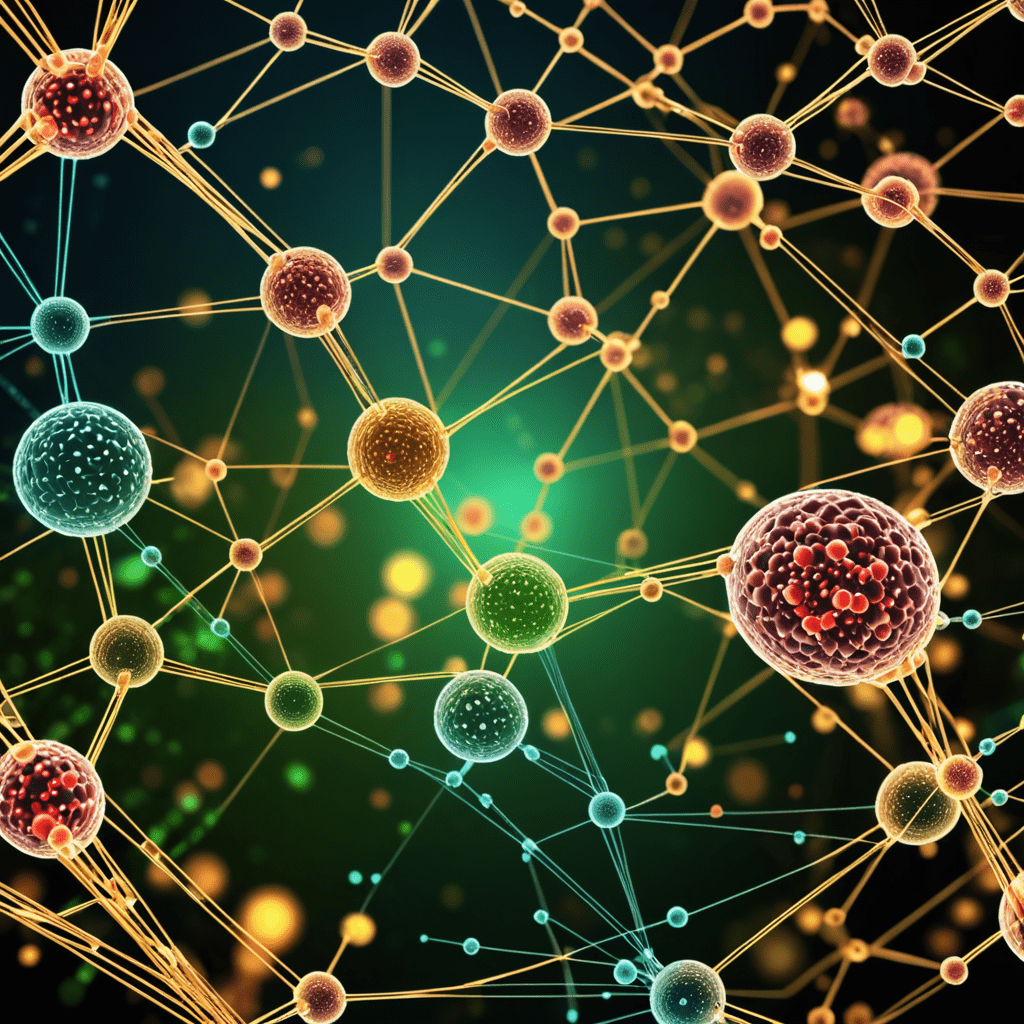Biotechnology and Food Bioprocessing: Improving Production
In today’s rapidly advancing world, biotechnology plays a crucial role in revolutionizing various industries, including food bioprocessing. This cutting-edge field utilizes biological systems and organisms to enhance food production, quality, and safety. Let’s delve into how biotechnology is improving production processes in the food industry.
1. Enhanced Agricultural Practices
Biotechnology has significantly enhanced agricultural practices by developing genetically modified crops that are more resilient to pests, diseases, and environmental stressors. This innovation has led to increased crop yield, reduced pesticide use, and improved sustainability in food production.
2. Fermentation Technology
Fermentation technology, a key aspect of food bioprocessing, involves the use of microorganisms to convert raw materials into valuable food products. Biotechnological advancements have optimized fermentation processes, resulting in the production of a wide range of products such as cheese, bread, yogurt, and beverages.
3. Nutraceutical Development
Biotechnology has facilitated the development of nutraceuticals – bioactive compounds with health benefits. Through genetic engineering and metabolic engineering, researchers can enhance the production of functional ingredients like vitamins, antioxidants, and probiotics, enriching the nutritional value of food products.
4. Biopreservation Techniques
Biopreservation techniques utilize natural antimicrobial agents produced by beneficial microorganisms to extend the shelf life of food products. This sustainable approach not only improves food safety by inhibiting the growth of harmful pathogens but also reduces the need for synthetic preservatives.
5. Waste Utilization and Upcycling
Biotechnology has enabled the efficient utilization of food waste through processes like enzymatic hydrolysis and microbial fermentation. By upcycling food by-products into valuable compounds such as biofuels, enzymes, and bioplastics, the food industry can reduce waste generation and promote a circular economy.
6. Precision Bioprocessing
Advances in biotechnology have paved the way for precision bioprocessing techniques, allowing for tailored production processes with enhanced control over product characteristics. Through tools like genetic modification, metabolic profiling, and bioreactor optimization, manufacturers can optimize food production to meet specific consumer demands.
7. Future Prospects and Sustainability
The continued integration of biotechnology in food bioprocessing holds immense promise for enhancing production efficiency, product quality, and sustainability in the food industry. As research and innovation in this field progress, we can expect to see further advancements that address global challenges such as food security, environmental impact, and public health.
FAQs: Biotechnology and Food Bioprocessing
What is Biotechnology?
Biotechnology involves using biological systems and organisms to develop products and technologies to improve various industries, including agriculture, medicine, and food production.
What is Food Bioprocessing?
Food bioprocessing is the use of biological agents or processes to enhance food production, quality, and preservation. It includes methods like fermentation, enzymatic reactions, and microbial cultures to improve food products.
How Does Biotechnology Improve Food Production?
Biotechnology enhances food production by developing genetically modified organisms (GMOs) that resist pests, diseases, and harsh environmental conditions. It also helps create crops with improved nutritional profiles, longer shelf life, and enhanced taste.
What Role Does Bioprocessing Play in Food Manufacturing?
Bioprocessing helps in food manufacturing by optimizing production processes, increasing yields, and ensuring food safety. It also aids in the development of functional foods, probiotics, and enzymes that enhance nutrition and health benefits.
How Can Biotechnology and Food Bioprocessing Benefit Consumers?
Consumers benefit from biotechnology and food bioprocessing through access to nutritious, safe, and diverse food options. These technologies help address food scarcity, improve food quality, and offer sustainable solutions for


